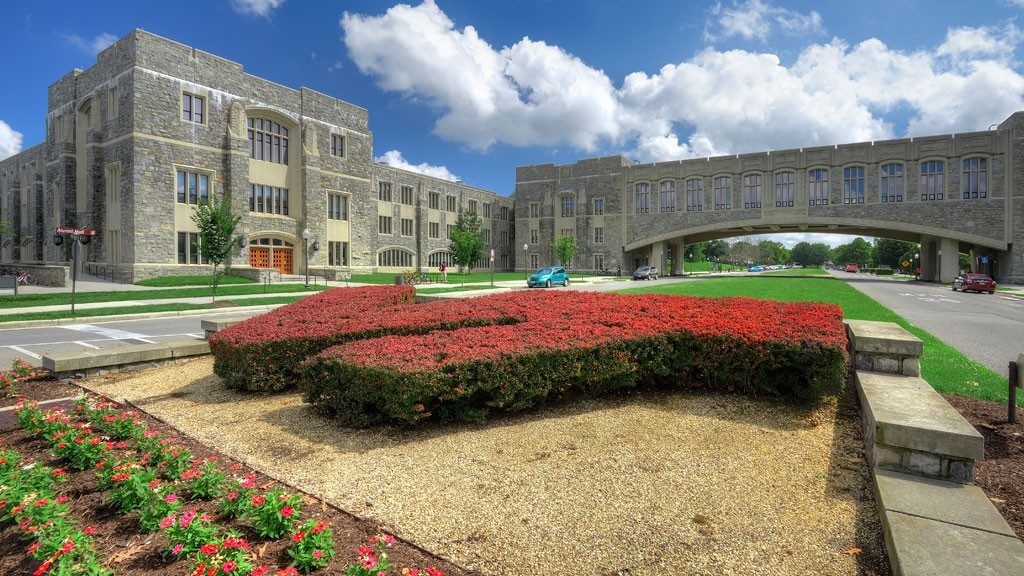Dr. Brian Romans
FACULTY AFFILIATE | Global Change Center
Geoscience
Lab Website • Google Scholar • Dept Page
(540) 231-2234 • romans@vt.edu

Dr. Romans’ research program at Virginia Tech focuses on the dynamics of sedimentary systems, with emphasis on reconstruction of paleo-environments at geologic timescales (centuries to millions of years). Dr. Romans and his students use the sedimentary record to study oceanographic and ice sheet response to past climate change, which provides an important perspective for understanding ongoing and future global change.
Following his Ph.D. at Stanford University in 2008 and before joining the Virginia Tech Geosciences faculty in 2011, Dr. Romans worked as a research scientist in the petroleum industry with some of his current research relevant to this industry. Thus, he also has an interest in the complex relationships of global energy, climate change mitigation, and the ‘Anthropocene’.
At Virginia Tech, Dr. Romans teaches a Pathways course called 'Climate History: Past, Present, and Future' and several other courses in geosciences.




